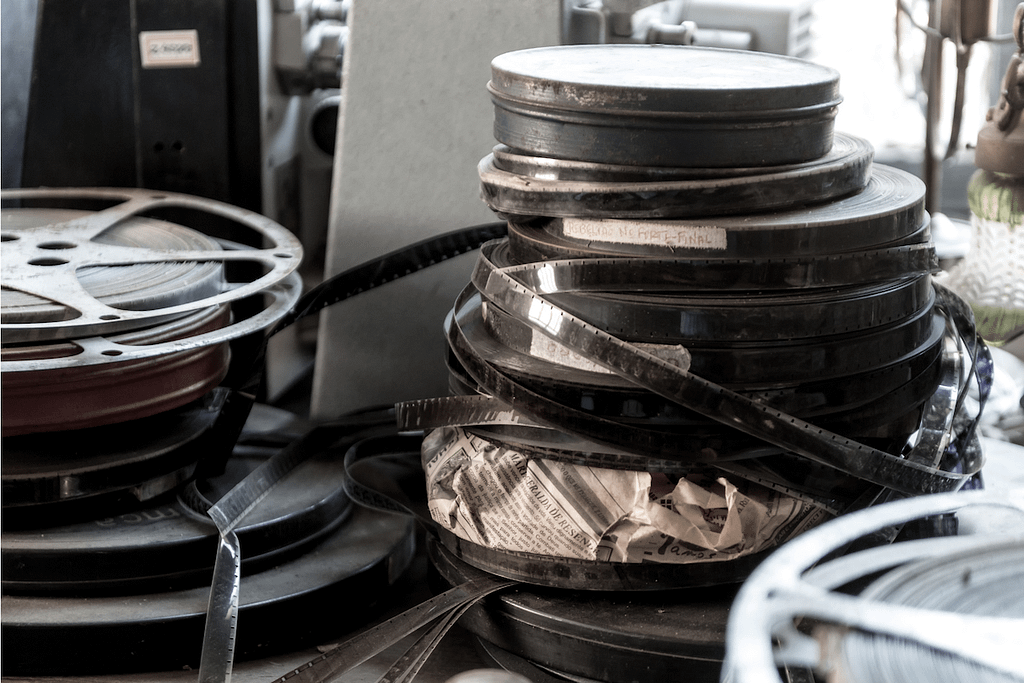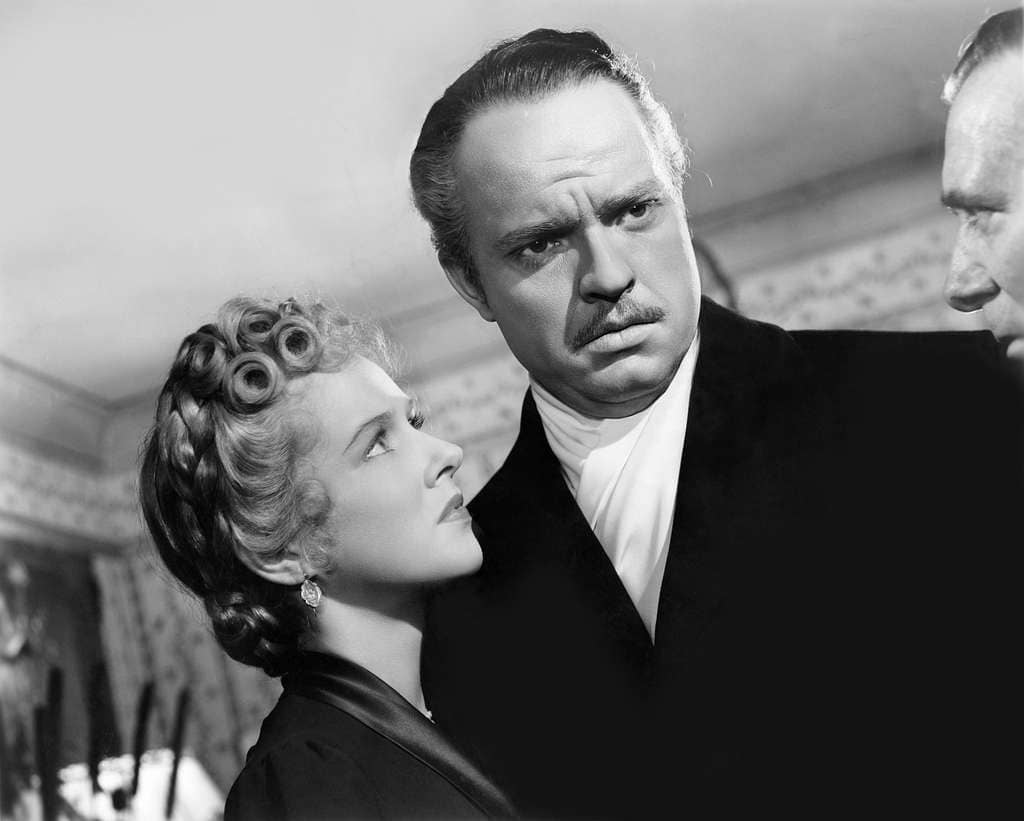When he’s not behind the camera, Alex Ruthizer can often be found scoping out new releases at the theater or diving into the vast history of film and movies. Whether it’s an old classic or modern story, films don’t just provide entertainment, but inspiration for Alex’s creative endeavors.

Film History
Alex’s passion for film and storytelling does not only revolve around his upcoming projects. He’s also deeply fascinated by the history of film. For Alex, film history helps inform new ideas, and understanding the roots of cinema is essential to appreciating its evolution and influence over time.
One of the most captivating aspects of film history for Alex is the story of California’s role in shaping the industry. Before Los Angeles dominated the film industry, many cities were also seen as hubs of filmmaking, including Portland!
However, in the early 20th century, Los Angeles emerged as the epicenter of American cinema, with the establishment of iconic studios like Universal, Paramount, and Warner Bros. The sunny climate, diverse landscapes, and booming creative community made California the ideal location for filmmakers to bring their visions to life.
Alex is particularly intrigued by the transition from silent films to “talkies” in the late 1920s, a groundbreaking shift that revolutionized the industry. He often references this period as a reminder of the importance of innovation and adaptability in filmmaking—qualities which he incorporates into his own work.
As a filmmaker based in Los Angeles, Alex feels a special connection to the city’s cinematic legacy. Walking through studio lots or attending retrospectives at local theaters, he draws inspiration from the pioneers who built the industry and set the stage for the modern era of film making.
Alex Ruthizer’s Classic Film Picks
When it comes to classic cinema, Alex Ruthizer has a list of favorites that he revisits time and again. In his opinion, these films represent some of the finest examples of storytelling and production, and they also serve as benchmarks for his own creative goals.

Some of Alex’s all-time favorite classics include:
- “Citizen Kane” (1941): Widely regarded as one of the greatest films of all time, this Orson Welles masterpiece continues to influence Alex’s approach to narrative structure and visual composition.
- “Sunset Boulevard” (1950): A gripping tale of ambition and obsession, this film perfectly captures the allure and pitfalls of Hollywood—a theme that resonates deeply with Alex.
- “The Godfather” (1972): Alex admires this cinematic triumph for its intricate storytelling, unforgettable performances, and its ability to blend art and commerce seamlessly.
- “2001: A Space Odyssey” (1968): A film that pushes the boundaries of visual effects and existential themes, serving as a testament to what cinema can achieve.
“Singin’ in the Rain” (1952): A joyful celebration of the transition from silent films to talkies, a period Alex admires for its transformative impact on the industry.